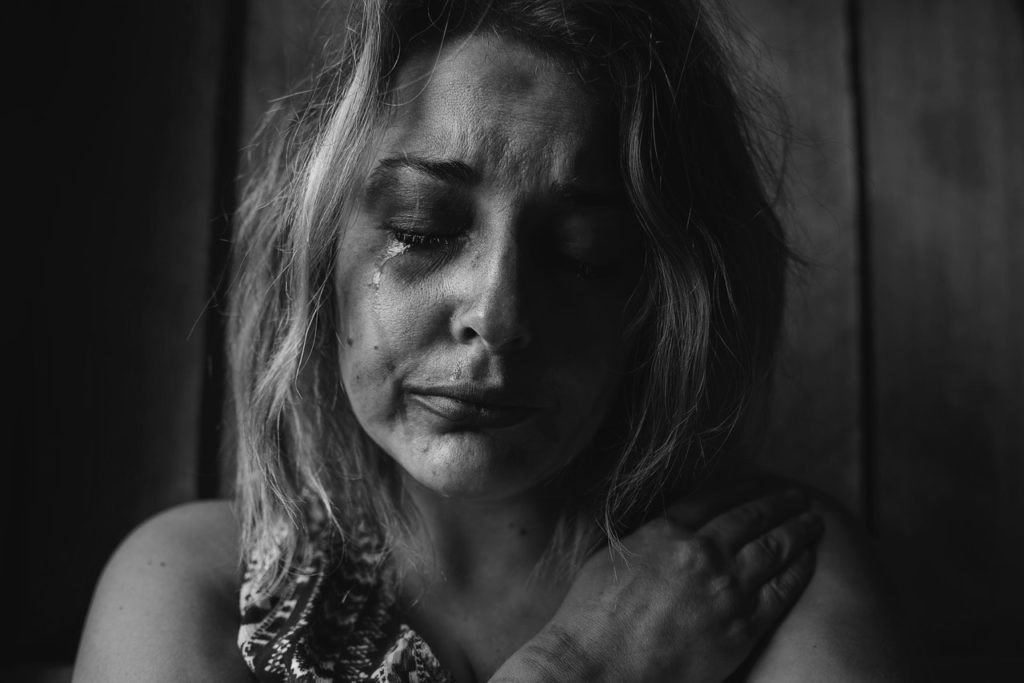A drink (or three) comes with a few risks:
The risks include injuries from falls, car accidents, and burns. Also, there’s an increased risk of getting involved in violence, risky sex, and suicide. Finally, you can also wind up poisoning yourself.
And those are just the short-term risks of alcohol abuse.
Long-term risks? Disease, mental disorders, memory and reasoning problems, a weakened immune system (something you definitely don’t need in these interesting times of ours), addiction, and dependence.
With addiction, there are costs, and there are costs. You have the physical costs of alcoholism we just outlined above. Then there are the social costs to a person’s friends and family.
This brings us to the monetary cost.
It sounds crass to talk about, doesn’t it? If we’re talking about people’s lives and the harm done to themselves and those around them, who cares what the physical dollars-and-cents cost is?
It illustrates a larger point.

Alcohol’s Public Health Tab
Thanks in part to the COVID-19 epidemic, the American Psychological Association reports the number of substance abuse disorders is rising. Meanwhile, the Centers for Disease Control and Prevention report from last year found that 13% of Americans said they either started or increased their substance use as a coping mechanism for pandemic stress.
That increase has unfortunately come with a price tag.
Earlier in 2021, the Journal of the American Medical Association published a study examining how much substance use disorders cost US hospitals each year. The lowest-cost disorder was inhalant abuse at $4 million annually.
The highest? Alcohol use disorders cost hospitals $7.6 billion each year.
In an interview with USA Today, Nora Volkow, MD, director of the National Institute on Drug Abuse (NIDA) said the high cost wasn’t surprising due to alcohol’s ready availability, even during pandemic lockdowns. “Any drug that’s legal is going to result in much greater damage in terms of the populations than illicit substances,” she said. “Not because they’re more dangerous, but because of their wide access and consumption.”
Granted, there was actually a humane reason behind liquor stores being declared “essential businesses” during the lockdowns: alcohol withdrawal.
In an Arizona Republic story from 2020, Yale School of Medicine researcher Max Jordan Nguemeni Tiako outlined several reasons why liquor stores remained open. In addition to potentially overwhelming already at-capacity emergency rooms with patients suffering from withdrawal symptoms, long-term alcohol abusers can face serious medical complications if they stop drinking cold turkey.
“You can die from alcohol withdrawal. You can’t just stop drinking overnight,” he told the Republic.
Additionally, there’s a risk of desperate people resorting to dangerous alternatives to alcohol when they can’t find something to drink to stave off withdrawal. These alternatives can include hand sanitizer, which has become a steady presence in people’s lives during the pandemic.
So, what do we do about the costs?
Thinking Outside the (Liquor) Box
Unlike street drugs, alcohol isn’t scheduled or even especially hard to get. In most places, you just need to prove you’re 21 or older to purchase alcohol. We drink it with meals, at parties or when relaxing with friends.
And you can forget prohibition. Been there, done that.
Back to Dr. Volkow’s interview. She suggests educating people about harmful behavior patterns associated with legal drugs like alcohol (and increasingly, cannabis) rather than outright bans.
Case in point? Tobacco. Watch old TV shows and movies or flip through a vintage magazine. It’s staggering how many cigarettes you see being smoked or advertised. After extensive campaigns and warning labels informing people about the multiple risks of tobacco use, the CDC reported only 14 out of every 100 US adults were still smoking in 2019.
It might be time to consider a similar approach to alcohol. In the meantime, there are ways to recognize dangerous behaviors around drinking.
Determining If You Have A Problem Isn’t Always Easy
When most people think about harmful drinking, they likely think of someone who drinks constantly. While that’s certainly true, binge drinking (where somebody drinks a large quantity of alcohol at once) also falls under that definition.
Needless to say, there’s also groups of people who should never drink: people under 21, pregnant women, anyone who’s operating heavy machinery, driving a vehicle, or doing anything else that could jeopardize another person’s life.
As for knowing when drinking becomes a problem, well … that’s a trickier call. Alcohol’s effects can be different depending on a person’s weight and gender, and everybody’s individual situations are obviously different as well.
That said, there are some simple yes or no questions you can ask yourself – or a loved one – if you think things are getting out of control:
- Do I feel compelled to drink?
- Have I tried to stop drinking, but couldn’t?
- Has my drinking and related issues such as hangovers affected my career or personal relationships?
- When I have stopped drinking, have I felt sick or experienced hallucinations?
- Do you need to drink more to experience the same feeling?
Answering “yes” to any of these might be the sign of a problem … or it might not. Answering “yes” to two or more, on the other hand, might mean you have a problematic relationship with alcohol, or something more serious.
Fortunately, alcohol abuse is treatable. Finding a drug rehab or addiction center with a compassionate, evidence-backed treatment program is key to long-term success.
How Sober Living Can Help You Recover
Once a person is further along in recovery, they’ll enter the outpatient stage of care. At this point, there’s no greater help in recovery than a sober living home. Acting as a sort of safety net for a person ready to resume independent living, sober living homes allow for an easier transition into daily independent life while avoiding relapse triggers.
But where to find a sober home?
SoberLivingNearYou.com provides an easy solution to the sober home hunt. With thousands of listings at your fingertips, finding a sober home for your budget and needs is as easy as logging in and browsing.
Enhance your recovery today with SoberLivingNearYou.com today!



